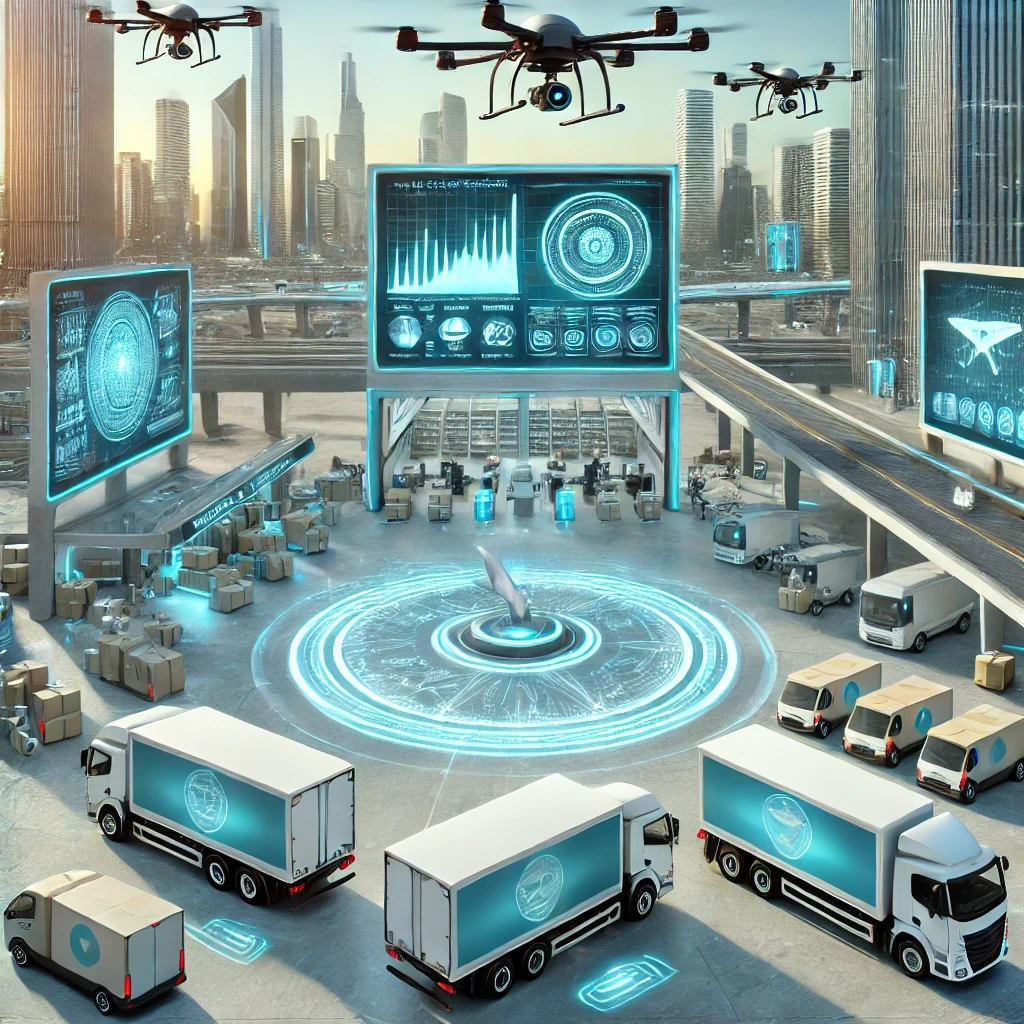The Future of Artificial Intelligence in the Moving Industry

The Future of Artificial Intelligence in the Moving Industry
Artificial Intelligence (AI) is no longer a futuristic concept; it’s a transformative force impacting industries worldwide, including the moving and logistics sector. As companies adopt smarter solutions to tackle traditional challenges, AI is poised to redefine how moving services operate in the future. From predictive analytics to automation, the moving industry is set to benefit immensely from these advancements.
How AI is Shaping the Moving Industry Today
The moving industry is already leveraging AI in several innovative ways. Here are some key areas where AI is making a significant difference:
- Route Optimization: AI-powered tools analyze traffic patterns, weather conditions, and road closures to identify the most efficient routes, reducing fuel costs and delivery times.
- Inventory Management: Advanced algorithms help track and manage inventory, ensuring that items are accounted for and organized efficiently.
- Chatbots for Customer Support: AI-driven chatbots provide instant responses to customer inquiries, improving service availability and satisfaction.
- Cost Estimation: Machine learning models analyze data from past moves to provide more accurate and fair cost estimates for customers.
Future Trends in AI for the Moving Industry
As AI technologies continue to evolve, their application in the moving industry is expected to grow exponentially. Here’s a glimpse into what the future might hold:
1. Fully Autonomous Moving Vehicles
Self-driving trucks are already being tested across various industries. In the moving sector, autonomous vehicles can reduce labor costs, improve safety, and operate continuously without the need for breaks, drastically cutting down moving times.
2. AI-Powered Packing and Loading
Robotic arms and AI-driven systems will likely become a standard for packing and loading items. These technologies will ensure that space is optimized, fragile items are handled with care, and human error is minimized.
3. Predictive Maintenance
AI can monitor the condition of moving vehicles and equipment in real-time, predicting potential failures before they occur. This reduces downtime, enhances safety, and prolongs the lifespan of assets.
4. Personalized Customer Experience
AI can analyze customer preferences and feedback to create personalized moving plans. For instance, it could recommend packing supplies, schedule services based on convenience, and even suggest add-ons like storage solutions tailored to individual needs.
5. Blockchain Integration for Transparency
While not exclusively AI, blockchain combined with AI could offer unmatched transparency in tracking shipments. Customers would know exactly where their belongings are at any time, with smart contracts ensuring fair dealings between parties.
Challenges and Ethical Considerations
While AI offers immense potential, its integration into the moving industry is not without challenges:
- Job Displacement: As AI automates many processes, there’s a concern about job losses for traditional movers and logistics staff.
- Data Privacy: Collecting and analyzing customer data raises questions about how this information is stored, shared, and protected.
- Initial Costs: Implementing AI systems requires significant investment, which may not be feasible for smaller moving companies.
- Bias in Algorithms: AI models must be carefully designed to avoid bias in decision-making, such as cost estimations or service prioritization.
Conclusion
Artificial Intelligence is set to revolutionize the moving industry, offering benefits such as increased efficiency, enhanced customer satisfaction, and innovative solutions to longstanding challenges. However, companies must navigate ethical considerations and ensure that AI is implemented responsibly. As these technologies mature, the moving industry will likely see unprecedented growth and transformation, making moves more seamless and stress-free for customers worldwide.